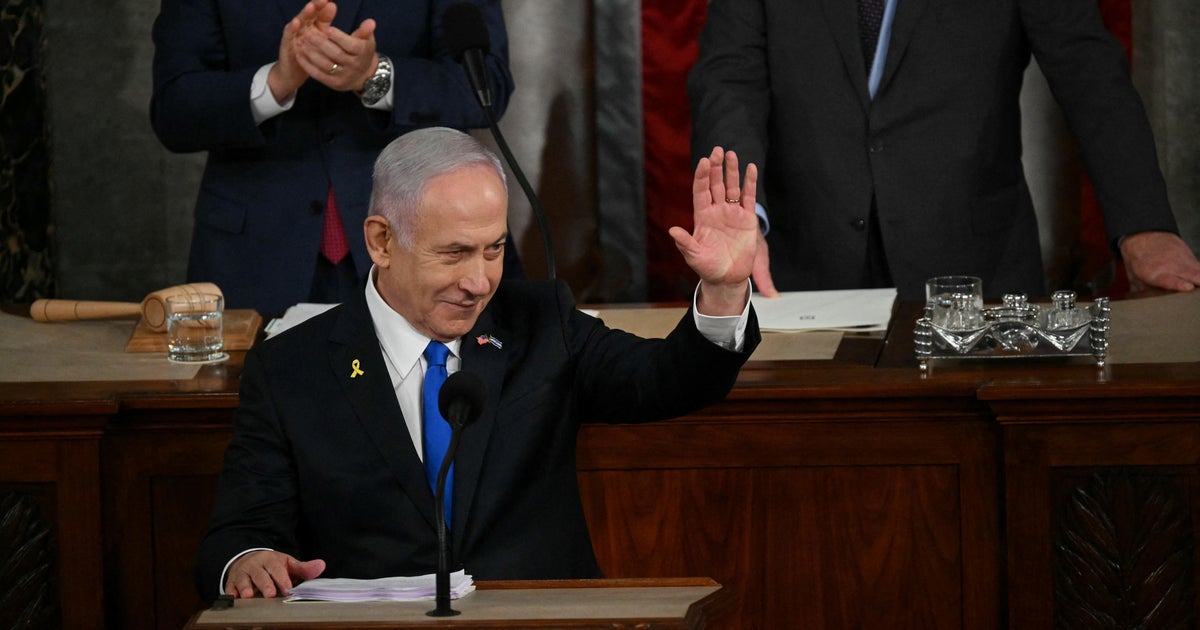Iran breaches 2015 nuclear deal for the 1st time, but calls the move "reversible"
Tehran, Iran -- Iran confirmed on Monday that its enriched uranium stockpile had passed the 300-kilogram limit set by the 2015 nuclear deal with world powers. Foreign Minister Javad Zarif confirmed the news, but left room for the remaining adherents to the agreement to try and salvage it, noting that the move announced on Monday was "reversible."
The global nuclear watchdog agency tasked with monitoring Iran's compliance with the agreement confirmed the breach, which is Iran's first since the deal was implemented in October 2015.
Iran had recently quadrupled its production of low-enriched uranium to be on pace to break one of the deal's terms, frustrated over President Trump's decision to pull the U.S. unilaterally out of the 2015 agreement and impose crippling new sanctions on Tehran.
Iran has also vowed to begin enriching its stockpile of uranium to higher levels, closer to weapons grade, later this month if world powers fail to negotiate new terms for the nuclear accord. European countries opposed the U.S. withdrawal, but have repeatedly urged Iran to abide by the deal.
"Our next step will be enriching uranium beyond the 3.67% allowed under the deal," Zarif was quoted as saying by Iranian state-run TV station IRIB. "The Europeans have failed to fulfill their promises of protecting Iran's interests under the deal."
Possessing uranium enriched beyond 3.76% -- especially if it purified part of its stockpile to the next major technical benchmark of 20% -- would greatly reduce the time necessary for Iran to "break out" from its civilian nuclear program and start working toward nuclear weapons capability. Mr. Trump has said he will not allow Iran to gain that capacity.
The unraveling of the landmark nuclear agreement comes amid heightened tensions in the Persian Gulf, where Iranian forces shot down a U.S. drone last month. The U.S. said the drone was in international airspace while Iran insisted it veered across its border.
The crisis stems from Mr. Trump's withdrawal from the nuclear accord and his policy of exerting "maximum pressure" on Iran with economic sanctions to try to force it to change its policies in the region. The policy thus far has only driven tensions higher.
Zarif reiterated that his country would not bow to foreign pressure, the state-run IRNA news agency reported Monday.
"Today, Iran has to stand against U.S. economic sanctions through domestic production and relying on national potentials," he said, without making any reference to the nuclear program.




